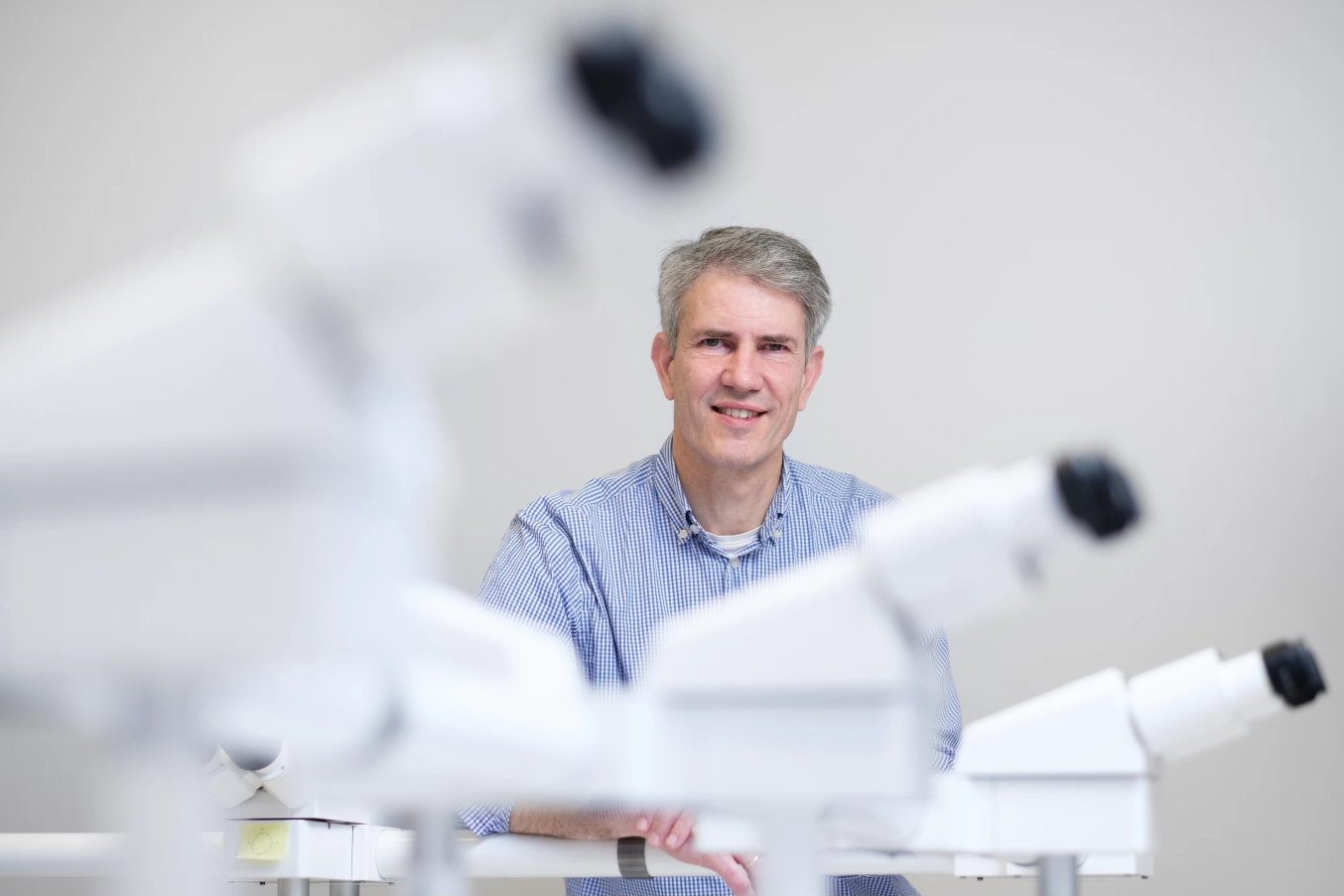Remond Fijneman performed his graduate research in the field of cancer genetics at the Netherlands Cancer Institute.
In 1997 he became a postdoctoral fellow from the Dutch Cancer Society and moved to the Brigham and Women’s Hospital / Harvard Medical School in Boston (USA) to study the role of inflammation in cancer.
Next, he gained experience as a multidisciplinary scientist by subsequently working in the departments of Molecular Cell Biology and Immunology; Medical Oncology; and Pathology at the VU University Medical Center.
In 2004 he joined the Tumor Profiling Unit of prof.dr. Gerrit Meijer and became Associate Professor.
In 2015 the research team moved to the Netherlands Cancer Institute where he became co-leader of the Translational Gastrointestinal Oncology group.
Remond Fijneman is the project leader of several large multidisciplinary multicenter public private partnership projects funded by the Dutch Cancer Society and by Health Holland Life Sciences and Health.
These projects focus on DNA structural variants (Target:SVs) and cell-free circulating tumor DNA (ctDNA) as prognostic, predictive and treatment response monitoring biomarkers in stage II and III colon cancer (StratifACT; PROVENC3) and in metastatic colorectal cancer (DOLPHIN). In addition, significant effort is put in adopting, adapting and improving a translational research IT infrastructure to support and enable molecular research in the context of translational research projects.

